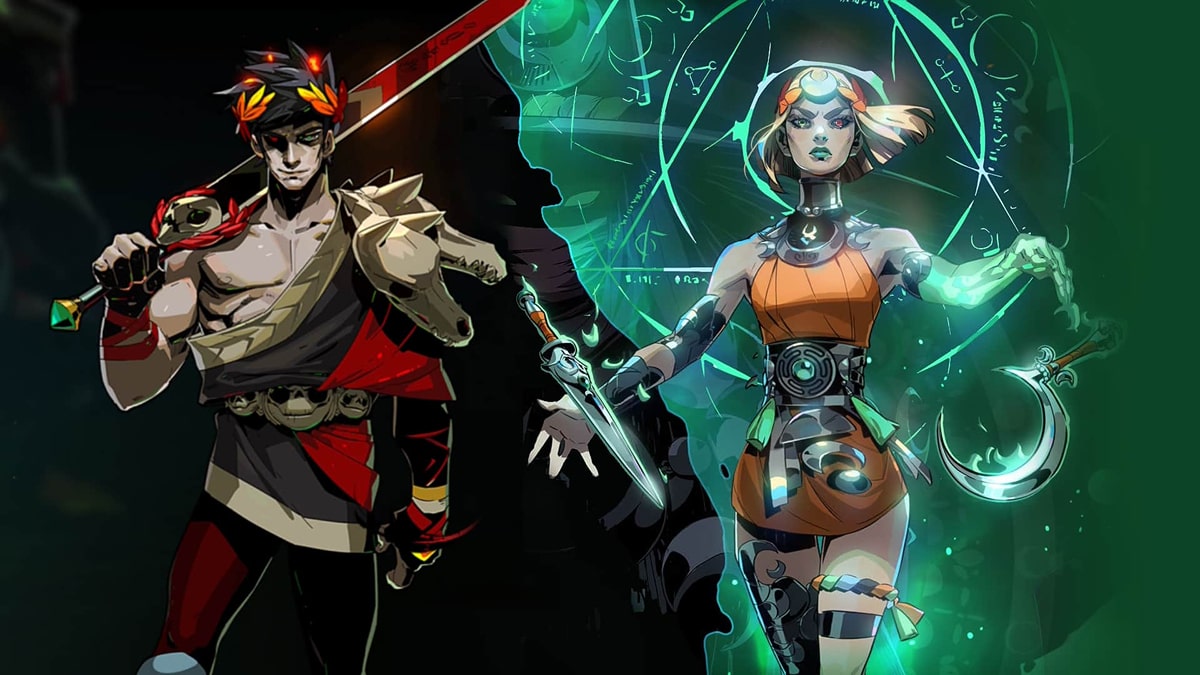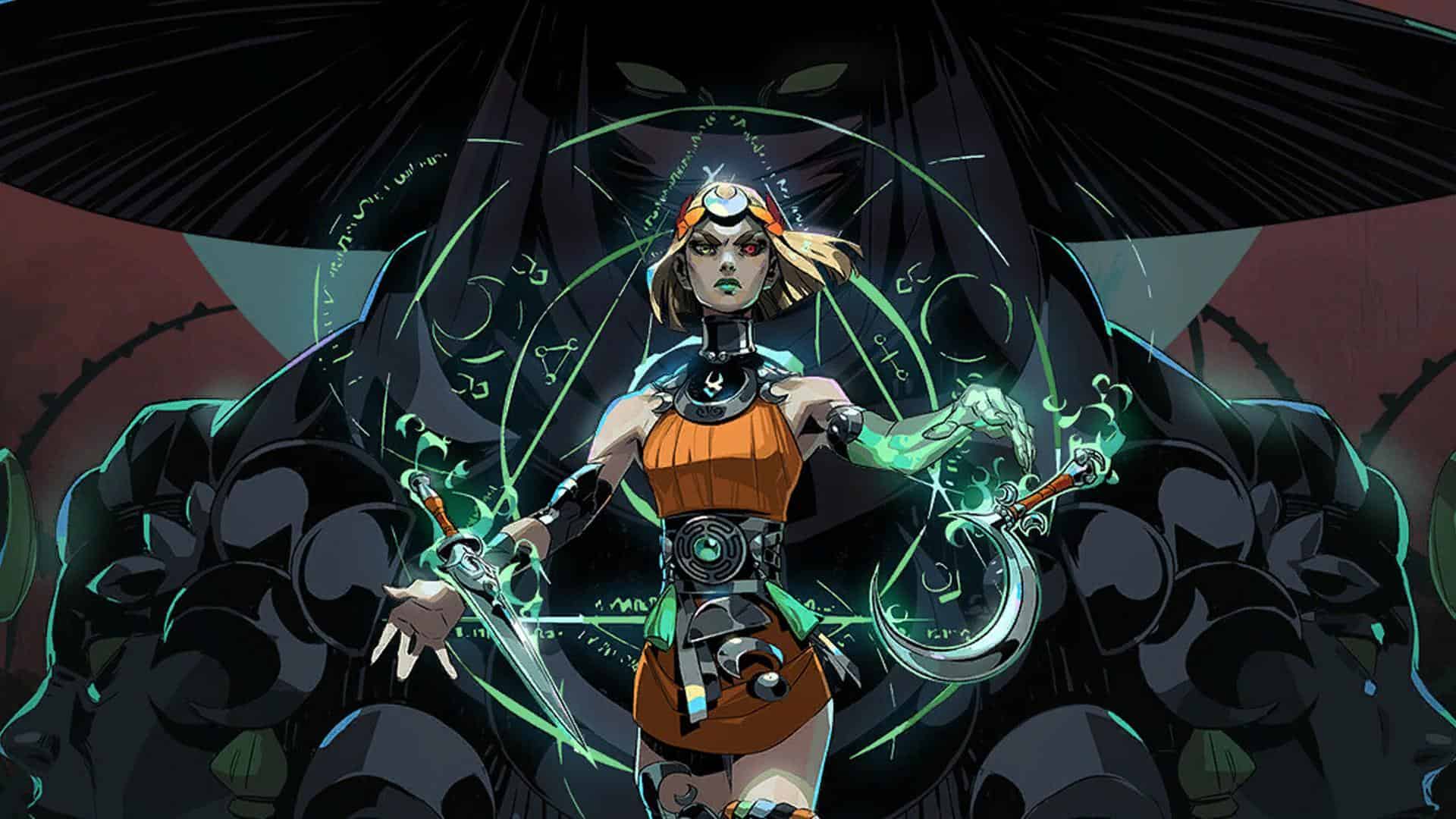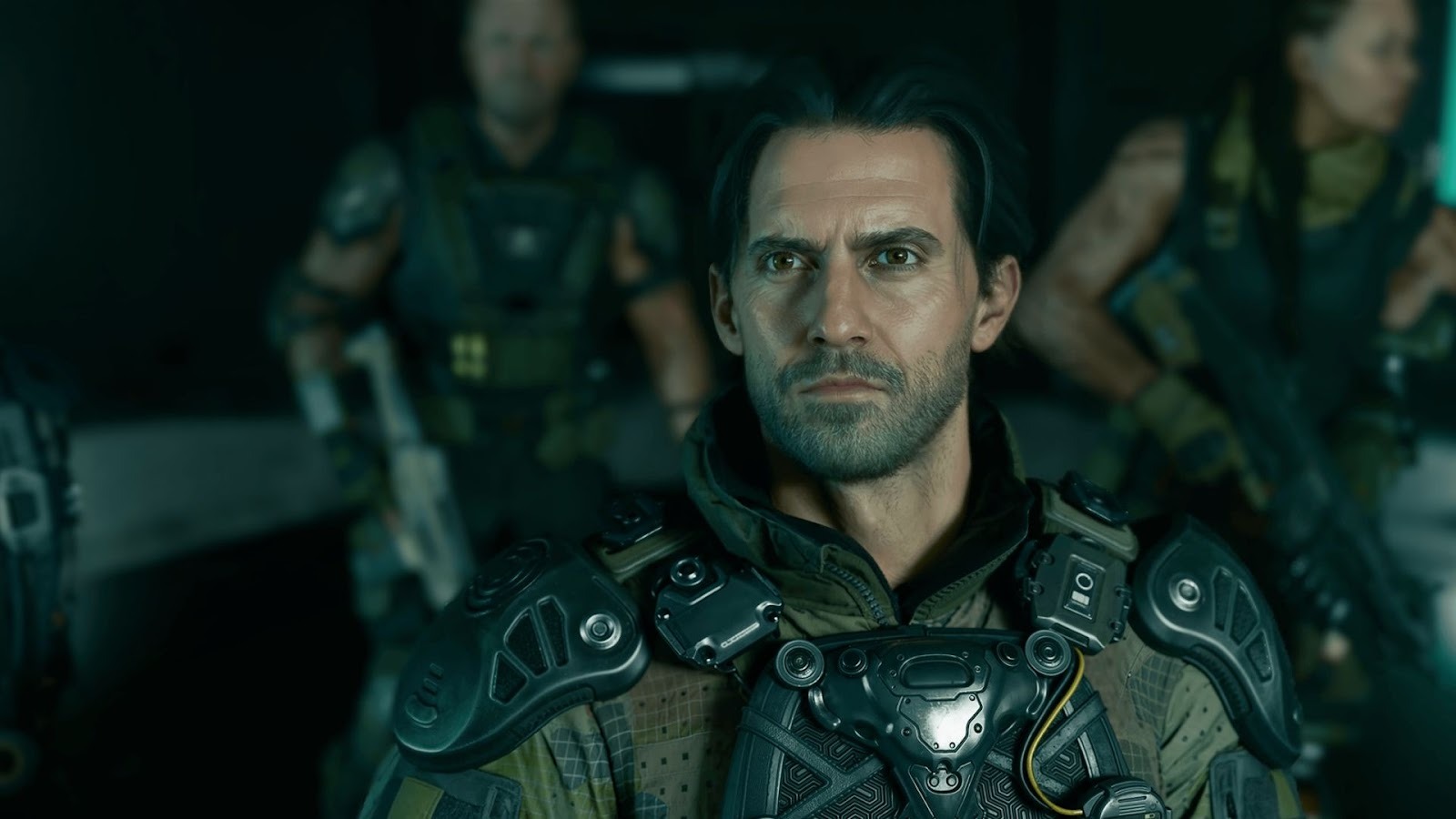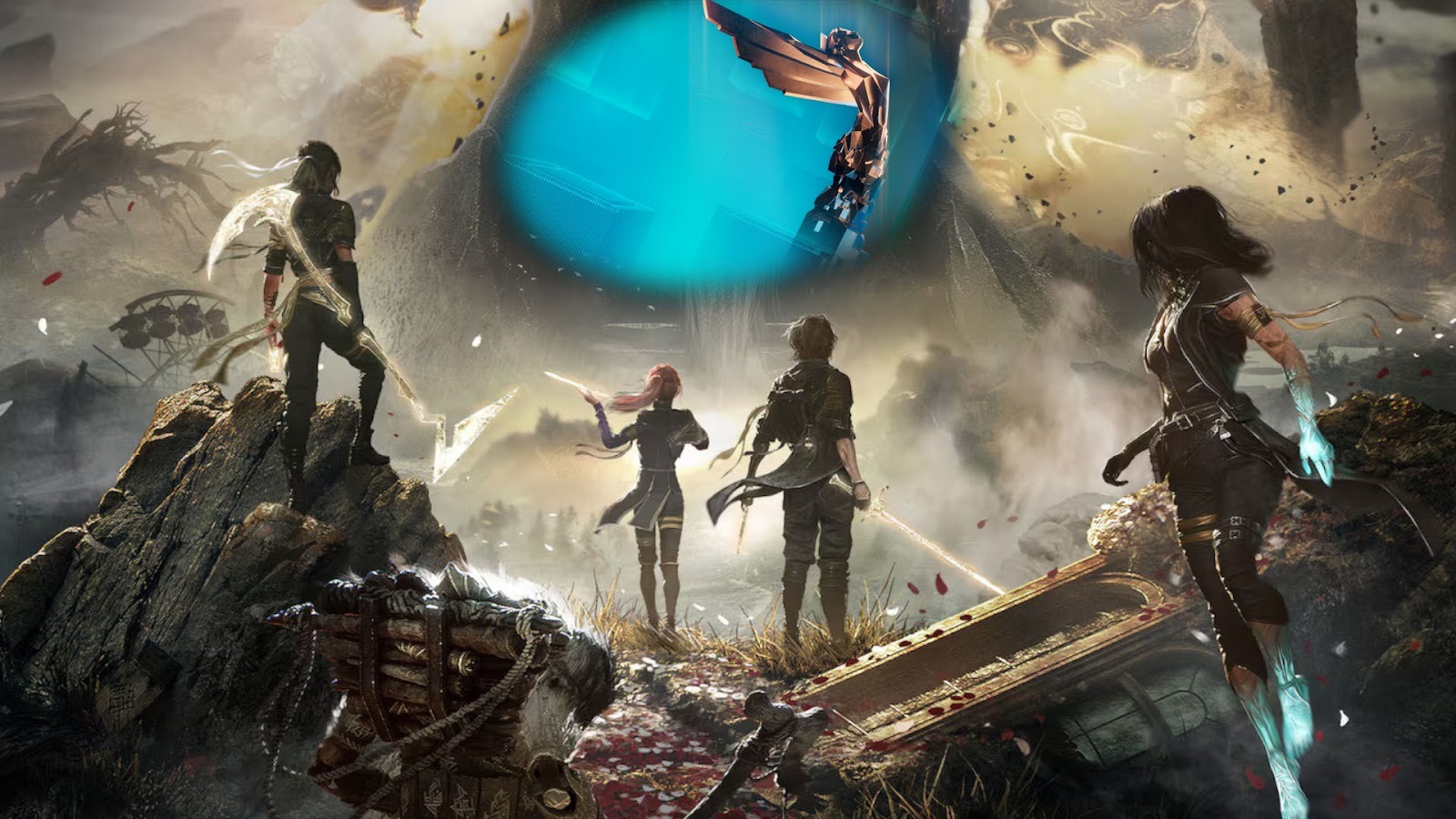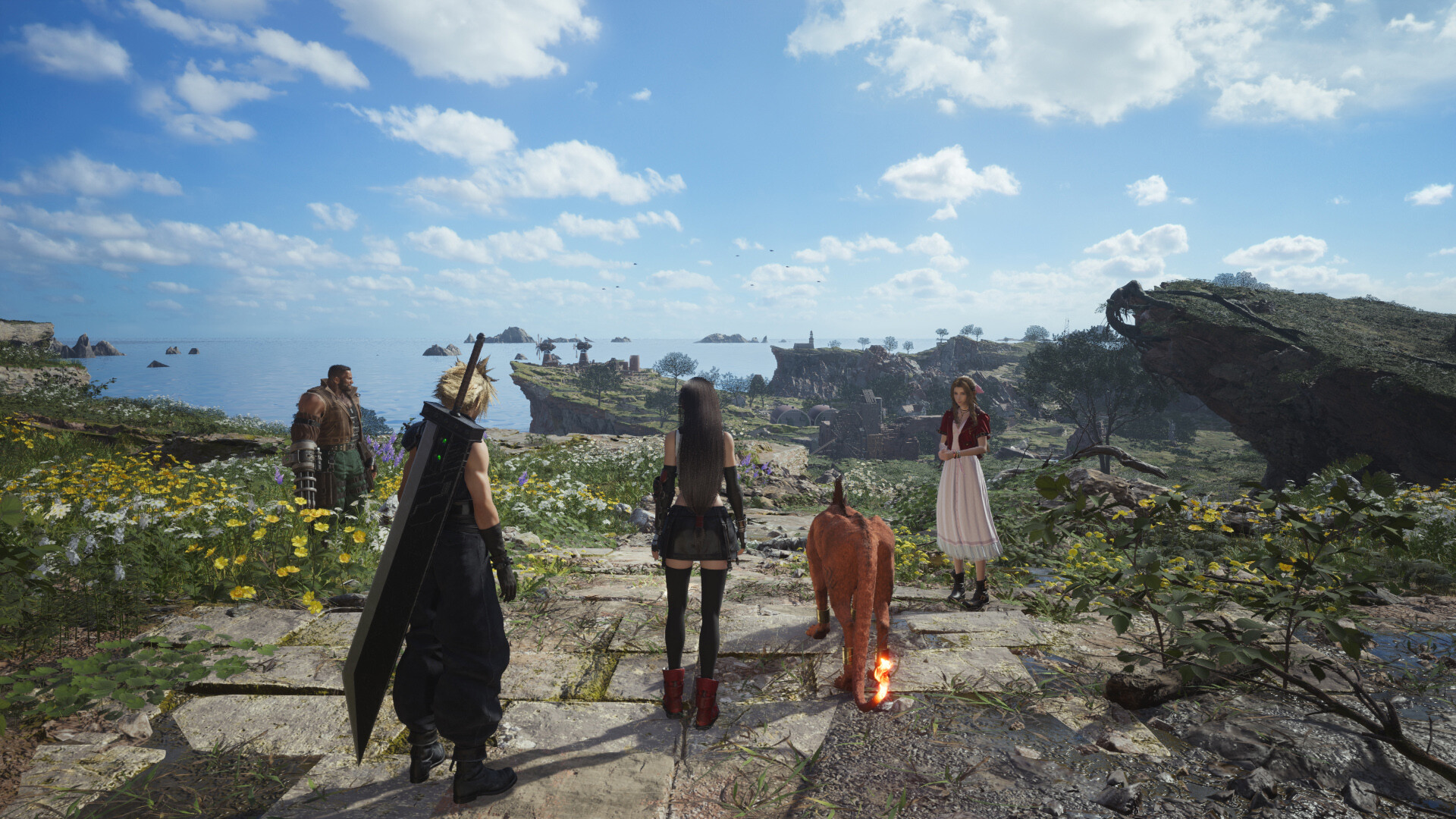You can trust VideoGamer. Our team of gaming experts spend hours testing and reviewing the latest games, to ensure you're reading the most comprehensive guide possible. Rest assured, all imagery and advice is unique and original. Check out how we test and review games here
- Hades 2 is a sequel worthy of its acclaim.
- Melenoë’s combat style is a far cry from her brother’s, a contrast which reinforced the story’s central themes.
- In Hades 2, complex family dynamics and themes of estrangement help deepen and enrich the already compelling experience.
- Melenoë is at the mercy of mechanical and narrative duality.
- This distinct blend is instrumental to Hades 2’s success.
Zagreus’ story of solitary self-discovery from the original Hades casts a Mount Olympus-sized shadow over its sequel. Despite this, Hades 2 uses a compelling tale of family feuds to create a conflict of a far grander scale. A sense of estrangement, familial tension, and burdensome duty make Melenoë’s mission to take vengeance in her family’s name feel even heavier than her brother Zagreus’ stygian blade.
Melenioë’s blood-bound quest combines Hades’ satisfying core gameplay loop with a pervading sense of familial tension to create a more emotionally resonant experience. By using the overarching theme of emotional distance to distinguish itself from the original Hades rather than compete with it, Hades 2 sets itself apart while meaningfully building on the triumphs of its predecessor.
Sibling rivalry
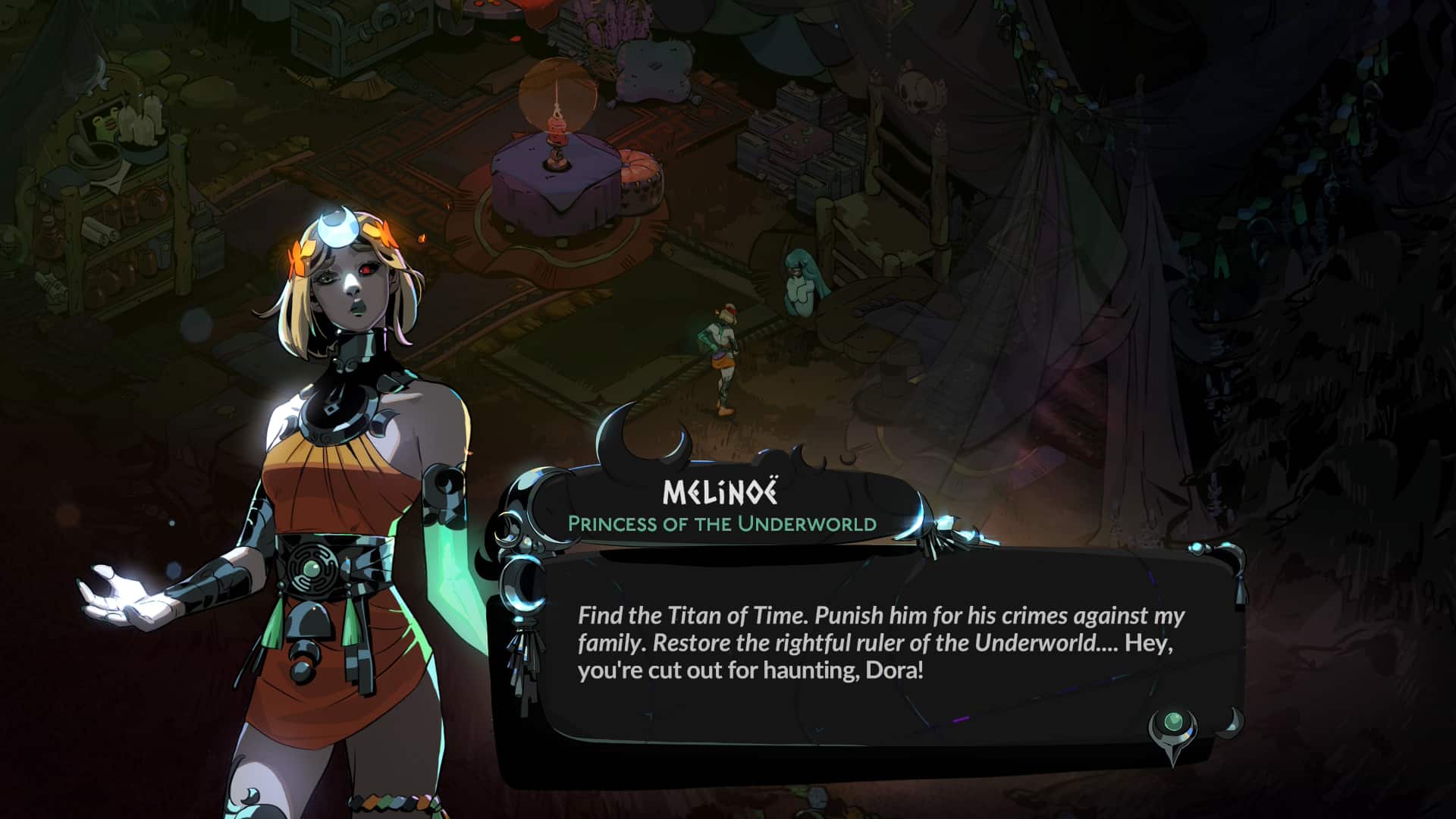
From its very opening, Hades 2 forces players to reckon with the contrasts between Melenioë and Zagreus, the protagonist of the original Hades. Here, themes of emotional distance and estrangement are skilfully reinforced by starkly contrasting combat styles. Zagreus’ hack-and-slash approach to escaping the authority of his family is a far cry from Melenioë’s calculated attacks, which rely on placement and forward thinking.
The original Hades presented us with a more immediately intimate journey. Zagreus’ story explores the brutality of being constrained by a bloodline forged by strict rules. His is a tale of rebellion, emancipation, and self-expression.
Estranged from her family, Melenioë is, instead, the tool of a resistance group, trained from birth for a singular purpose. Where Zagreus could fitfully rebel, Melenioë must color inside the lines, fulfilling exactly what is expected of her. This would be hell for Zagreus and helps create a sense of palpable emotional distance.
However, as the main narrative develops, Hades 2 takes a more collective approach with greater emphasis on a central overarching conflict, one that involves both Olympus and the Underworld. Melenioë becomes a tether that connects them both, adding a powerful emotional burden to her character and casting a curious shadow across Hades 2’s story.
Two houses alike in dignity
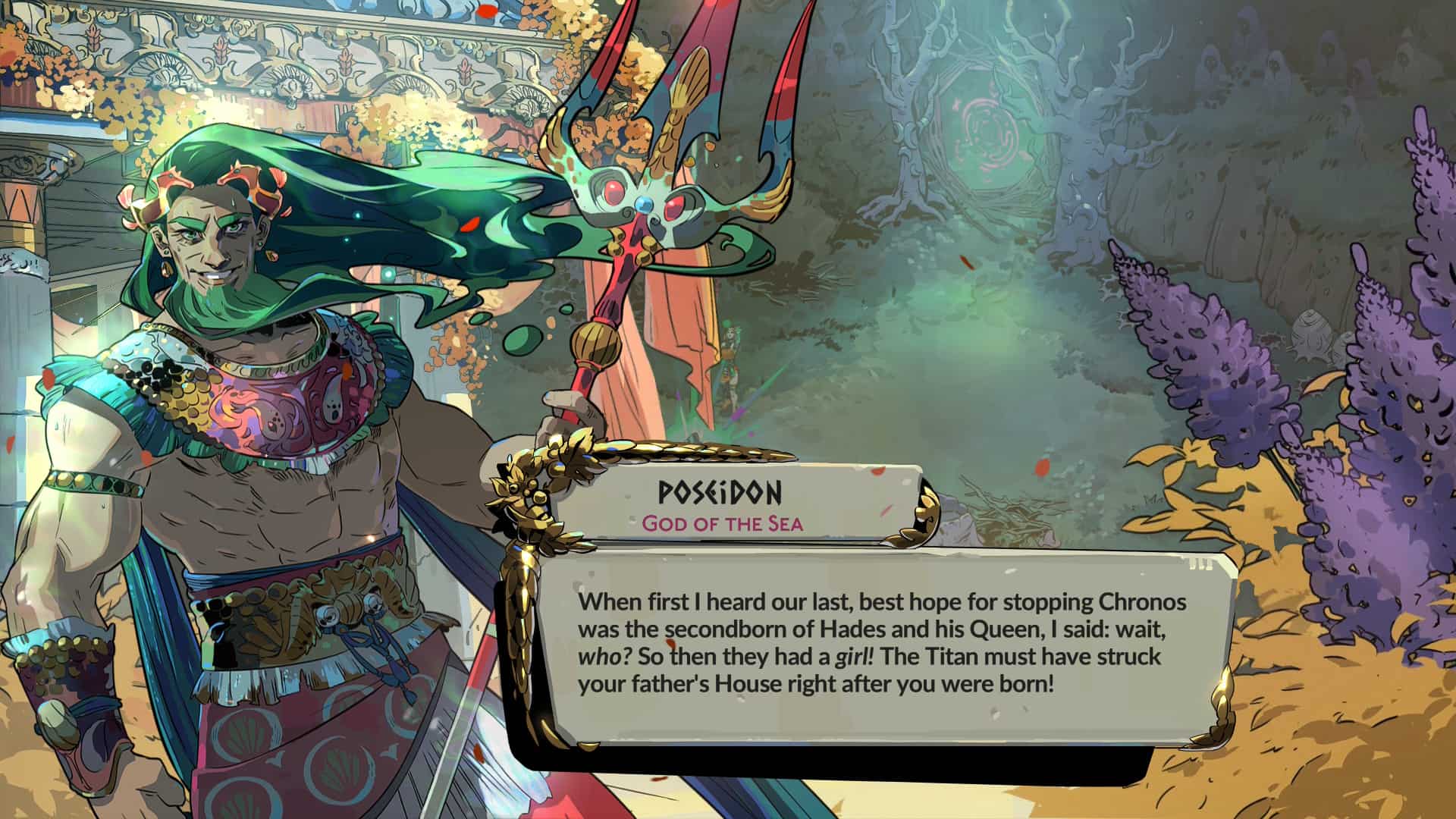
Melenioë’s is pulled in half by her twin quests to save both the Underworld and Olympus. Both offer contrasting roguelike experiences that perfectly mirror her own turmoil, emphasizing the uneasy duality at the heart of her characterisation.
Melenioë’s abilities, as well as the divine boons, weapons, and trinkets she acquires on her quest, are drawn from both sides of her lineage. Some are drawn from the gods of Olympus themselves, while others are courtesy of her connection to the moon or her mentor, Hecate. Melenioë’s distant, overstretched family life is perfectly reflected here. Both mechanically and emotionally, she is stuck between two distinct communities.
This enriches the player’s engagement with Melenioë’s own personal conflicts. Her desire to view Hecate as a mother must be eclipsed by her loyalty to her family. With even the most distant relatives coming to aid her, she has little choice but to prioritise her mission: Slay the titan, find her place in the family tree, and overcome the pervading sense of estrangement that defines her familial relationships with the gods of Olympus.
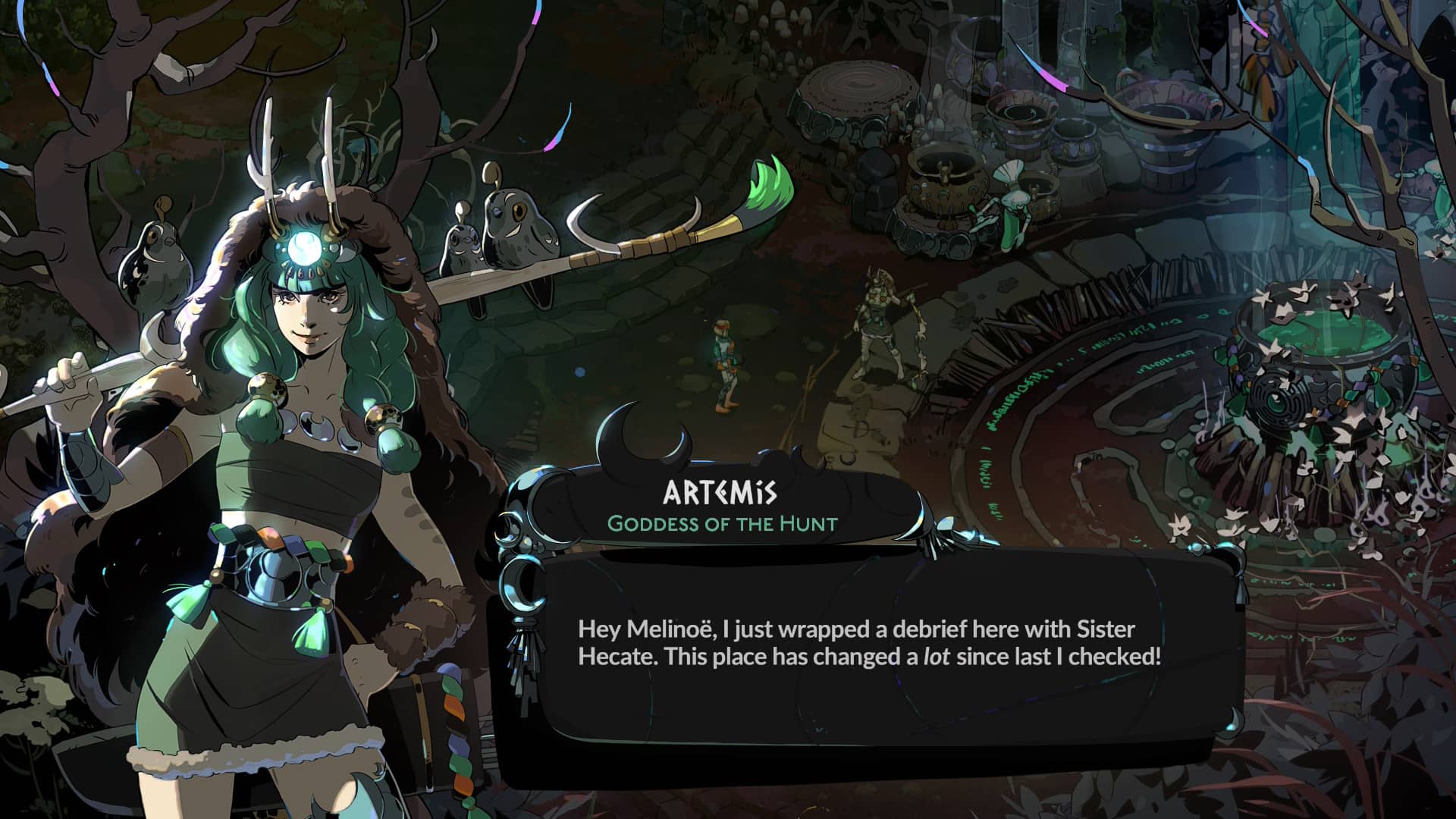
There is no shortage of interpersonal drama within the house of Hades. Melenioë must piece it back together, god by god. This tension allows the sequel to accept opportunities that its predecessor could not take. This is, in large part, why Hades 2 feels richer than the original Hades.
Delving into the underworld presents a rich environment filled with mythological creatures, our view of which is no longer limited by the feud between Zagreus and his ever-oppressive father. Questing to reach the top of Mount Olympus provides gameplay variety while also standing in for Melenioë’s emotional trajectory. The summit of Olympus represents more than just a literal climb; it’s a psychological peak that promises reconnection with her estranged divine relatives.
Whether she can succeed on her climb, of course, is up to you.
FAQs
Despite being occasionally referenced in-game, Thanatos does not appear in the main campaign or the postgame of Hades 2.
Hades 2 features a queer protagonist, Melenioë, who can enter romantic relationships with various allies at the crossroads. This includes her rival and chthonic goddess Nemesis.
Hades 2 combines slick roguelike gameplay with meaningful emotional beats delivered with exceptional pacing. It’s a masterclass in storytelling and effective combat design.
Chronos, the Titan of Time, is the main big bad of Hades 2. He’s also your grandfather, so there’s plenty of family drama to unpack.
